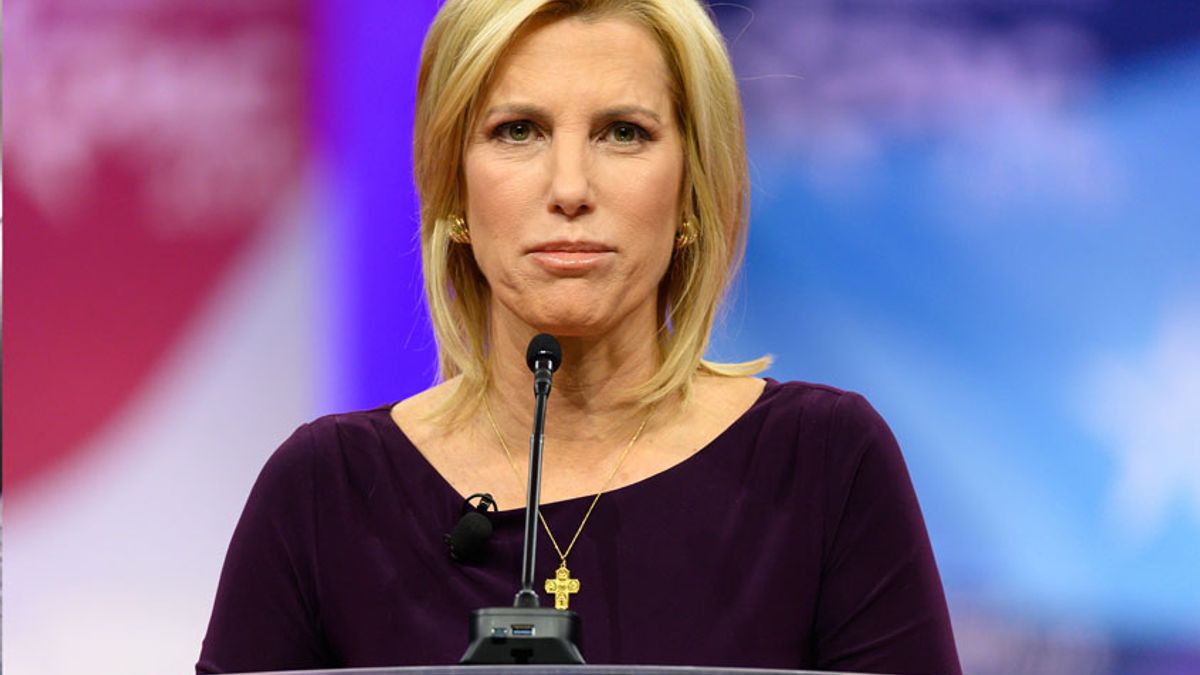Nickfrohlich@gmail.com
In today's media the idea of truth has become susceptible to individual interpretation. There is a legalistic mentality that perceived truth is synonymous with objective truth and that this notion removes culpability when presenting misinformation. While there will always be seekers of pure, unrefined and unadulterated truth, there is a growing atavistic mentality that truth lies in the eye of the beholder. While this can be debated in the philosophical sense, it has no place in journalism.
 |
| 60% of FOX News "facts" are lies. |
It then lies upon us, the informed viewer, to weed through the sludge, gleaning bits of information that culminate towards the surface. If the organizations that comprise our sources for information cannot be trusted to adhere to ethical guidelines of truth, it falls upon us to seek truth for ourselves.
Normative theories have fallen by the wayside in this age of free-flowing information and the mediums by which they are conveyed. Perhaps this dissolution of the old ways of thinking have perpetuated the ideology that truth comes from within and is inherently intertwined with perception rather than an objective collection of data. Even our president has adopted this fallacy, perpetuating the idea that spewing falsehoods is somehow an American right of the highest degree and infringing upon this perceived right is somehow un-American.
Does free speech protect against the dissemination of falsehoods? While this area of constitutional law has been muddled since being presented before the Supreme Court, they decided there is "no constitutional value in false statements of fact".
The very idea of truth has become fluid in today's media and the ethical code surrounding it seems to only pay lip service to the doctrines all journalists should hold as their creed. If the perception of truth becomes nothing more than legalese for lawyers to dilute journalistic and ethical integrity, we are doomed to head down a slippery slope with no brakes and no way back to the summit.
No comments:
Post a Comment